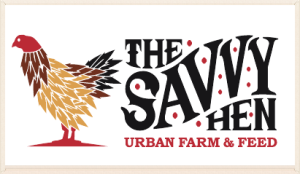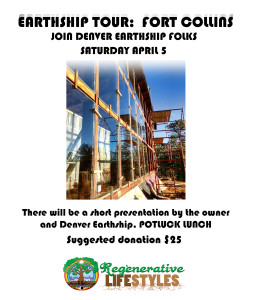Neil Bertrando, “Tree Systems in the High Desert”
Neil started his talk with a geographical and climactic depiction of the Great Basin of Nevada, where he lives and does his permaculture design work. The Great Basin climate is “BWks”, based on Köppen climate classification, meaning arid, cold, and summer dry. Most of the natural irrigation comes from melting snowpack. Central Asia has a similar climate in parts of India and Kazakhstan. Trees are not part of the landscape here, unless connected with water.
Neil’s analysis of the topography of the land showed broad, U-shaped valleys separated by north-south ranges, with alluvial fan complexes. On the topic of water, he emphasized the importance of knowing your water catchment and the location of aquifer recharge areas.
Roads have proven to be excellent water distribution conduits in the Great Basin. Neil points out that the optimal road location in his area is on terraces or alluvial fans on contour. He recommends avoiding the valley floor, as this is an important wildlife zone. Neil recommends the book, A Good Road Lies Easy on the Land… Water Harvesting from Low-Standard Rural Roads, by Bill Zeedyk. When designed well, roads can distribute and shed runoff to swales.
Regarding forestry, Neil discussed forest management as a tool for preventing soil erosion. One of the goals is headcut water erosion prevention. Preventing headcuts in the landscape will increase the water table in the area. Additionally, active harvesting needs to take place in woodlands to prevent a dense canopy. In the Great Basin, a forest that was allowed to grow to a dense canopy burned to the ground in one of the last major wildfires. Regular clearing will allow a grass understory to grow, which holds soils in place. With spacing between the trees, there is less chance that the entire forest will burn to the ground during a wildfire. A completely burned patch is a prime soil erosion area that will take more time to rejuvenate, versus an actively managed forest.
Neil emphasized the importance of using Yeomans Keyline Scale of Permanence for decision making.
Fencing and Subdivision are useful for helping plants and trees to get established in the landscape. Irrigation of plants and trees is necessary for establishment; Neil is moving toward planting where the water is already present. In his experience, when planting trees, everything wants to eat them. Good fencing and trunk protection will keep the young trees alive as they get established. Fencing is also great in that they catch windblown water and nutrients (snow, plant material). Once the trees are growing, you can use trees to build more fences, to plant more trees.
On the topic of soils, it is important to know soil depth to restrictive features, water holding capacity, and salts content. Neil had a question from the audience on how to get started with highly salted soils. He recommended starting with salt tolerant plants, and animals that can export those salts in the form of manures, etc. He compiled a list of salt tolerant plants for cold arid climates and posted it on permacultureglobal.com.
This write-up covers just a few basics of what he discussed; he had some great examples of forest plantings he designed and implemented in the Great Basin, planned based on the climate, geomorphology of the land, water catchment, and aquifer recharge zones.
Cheers to Neil on having the most impressive moustache at the conference!
Neil Bertrando’s site: RT Permaculture


